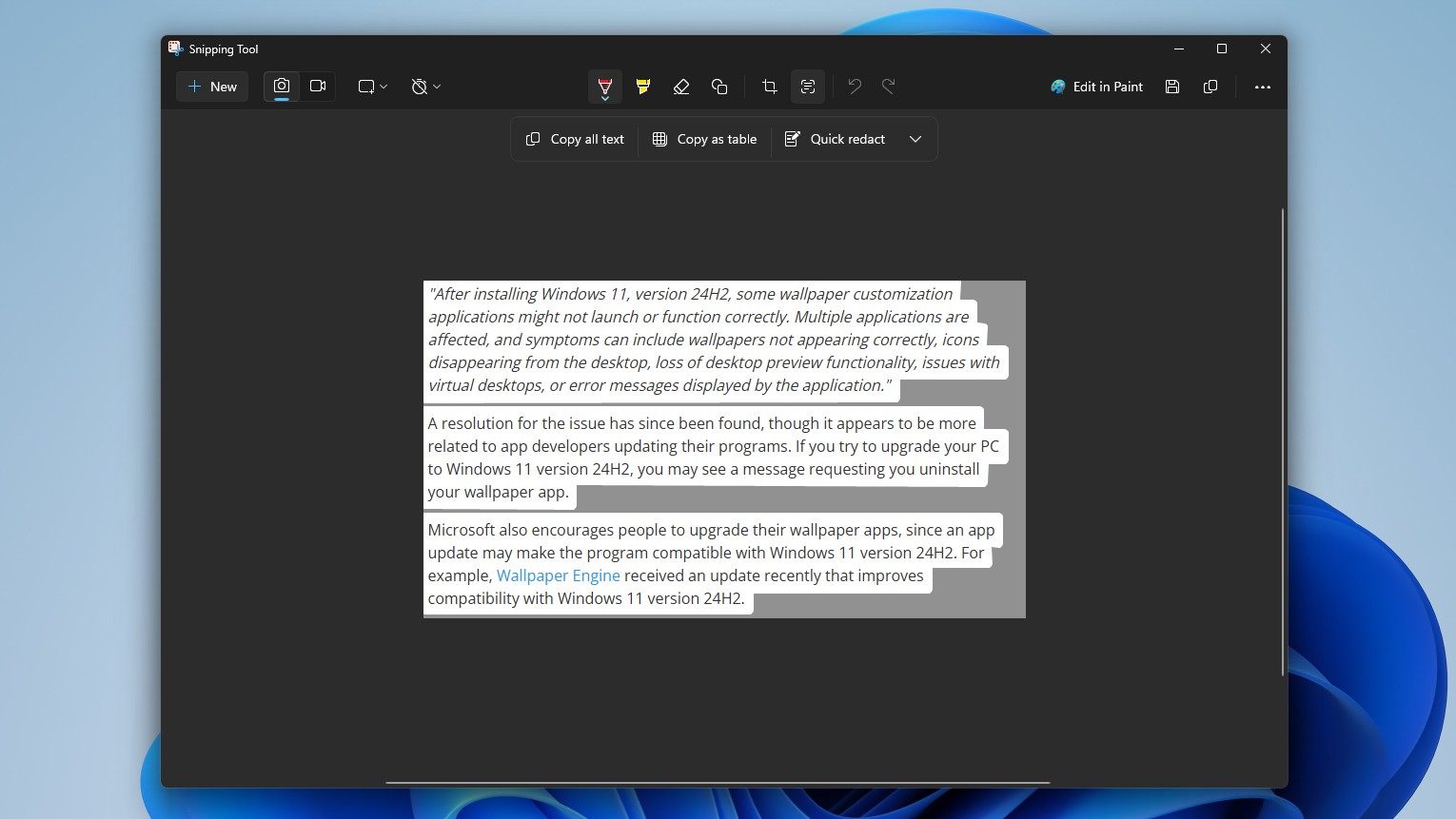Microsoft's 'do more' vision of quantum computing
On November 20, 2016, Microsoft announced its next step in the field of quantum computing.
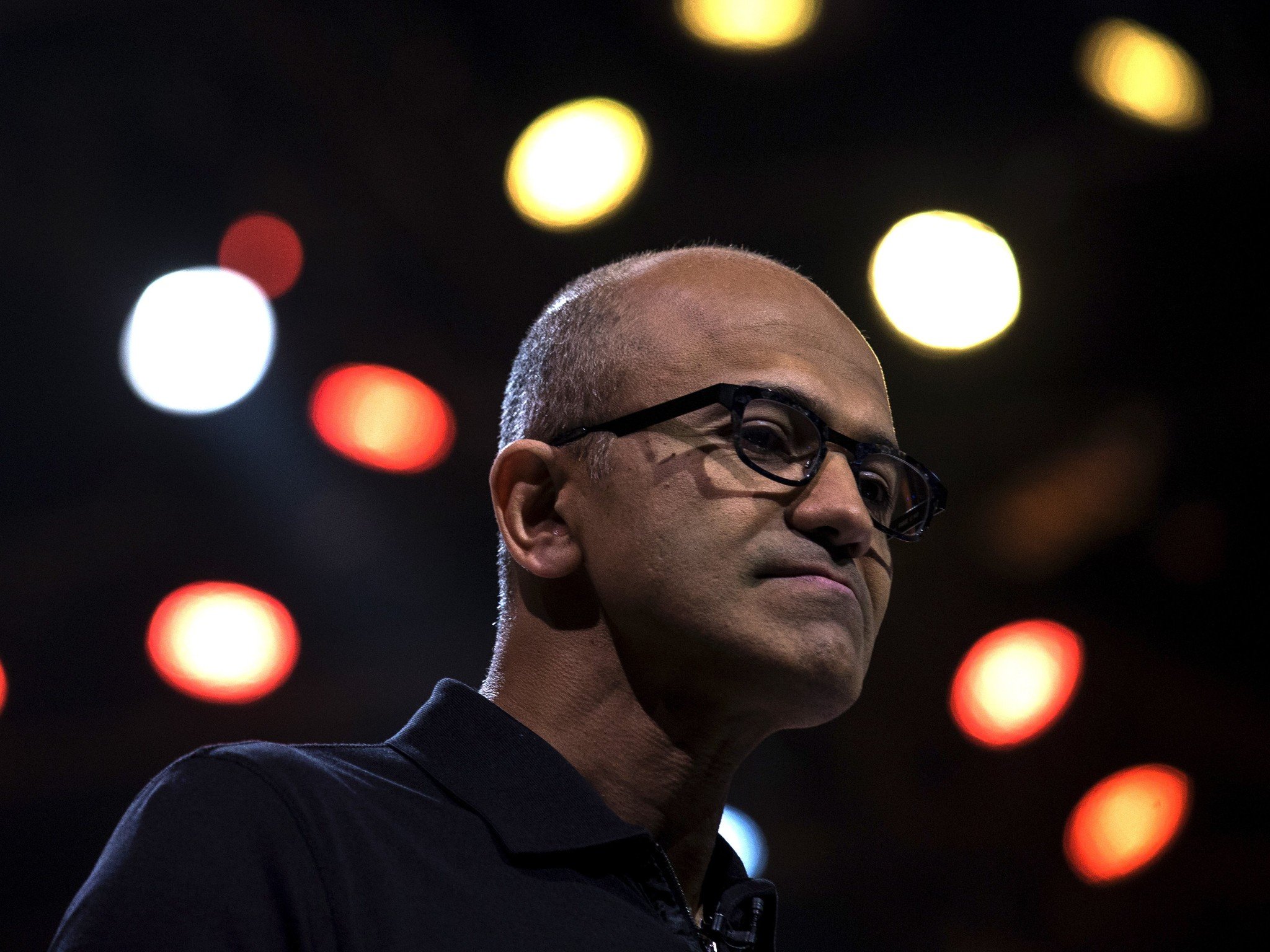
Per Corporate Vice-President of Microsoft's quantum computing program Todd Holmdahl, they're "at an inflection point in which [they] are ready to go from research to engineering." This could result in a historic exponential leap in computing.
Microsoft's venture into this unknown future is a baby step into what even sci-fi fans would have thought impossible in our lifetimes. Granted, we won't see a useful quantum computer tomorrow. Still, Microsoft's laying the groundwork for a profound "quantum-computing-as-a-platform" future.

Microsoft wants to be the world's quantum computing platform.
Before considering the implications of Microsoft's ambition, we'll answer the question, "What's quantum computing?" We'll then entertain its profound impact.
Microsoft is a platform company. With the Cloud, an aggressive Windows 10 push and the Universal Windows Platform, Redmond wants to be the platform for personal computing.
With that in mind, what might that ambition look like if Microsoft becomes the world's platform of history-defining quantum computing-based tools and services?
What is Quantum Computing?
Quantum computing is where computer science and quantum physics meet. Scientists like Isaac Newton gave us an understanding of how the physical universe behaves on a macro, or large scale. At the microscopic level, however, particles behave differently. On a molecular scale, particles can enter a quantum state called superposition where they exist in two distinct states simultaneously.
Superposition's impact on computing is profound. Current computers process individual units of data or bits, which present as either 1s or 0s.
Get the Windows Central Newsletter
All the latest news, reviews, and guides for Windows and Xbox diehards.
Qubits and superposition increase computation power exponentially.
Today's computing is limited to a linear flow of 1s and 0s that must be processed sequentially.
A quantum computer will use quantum bits, or qubits. Qubits, because of superposition, can exist as both a 1 and 0 simultaneously. Thus, qubits can do twice as many calculations as a bit. Consequently, a quantum computer, with strings of qubits, could solve in a fraction of the time the kind of problems that would take conventional computers years.
Building a Quantum Computer
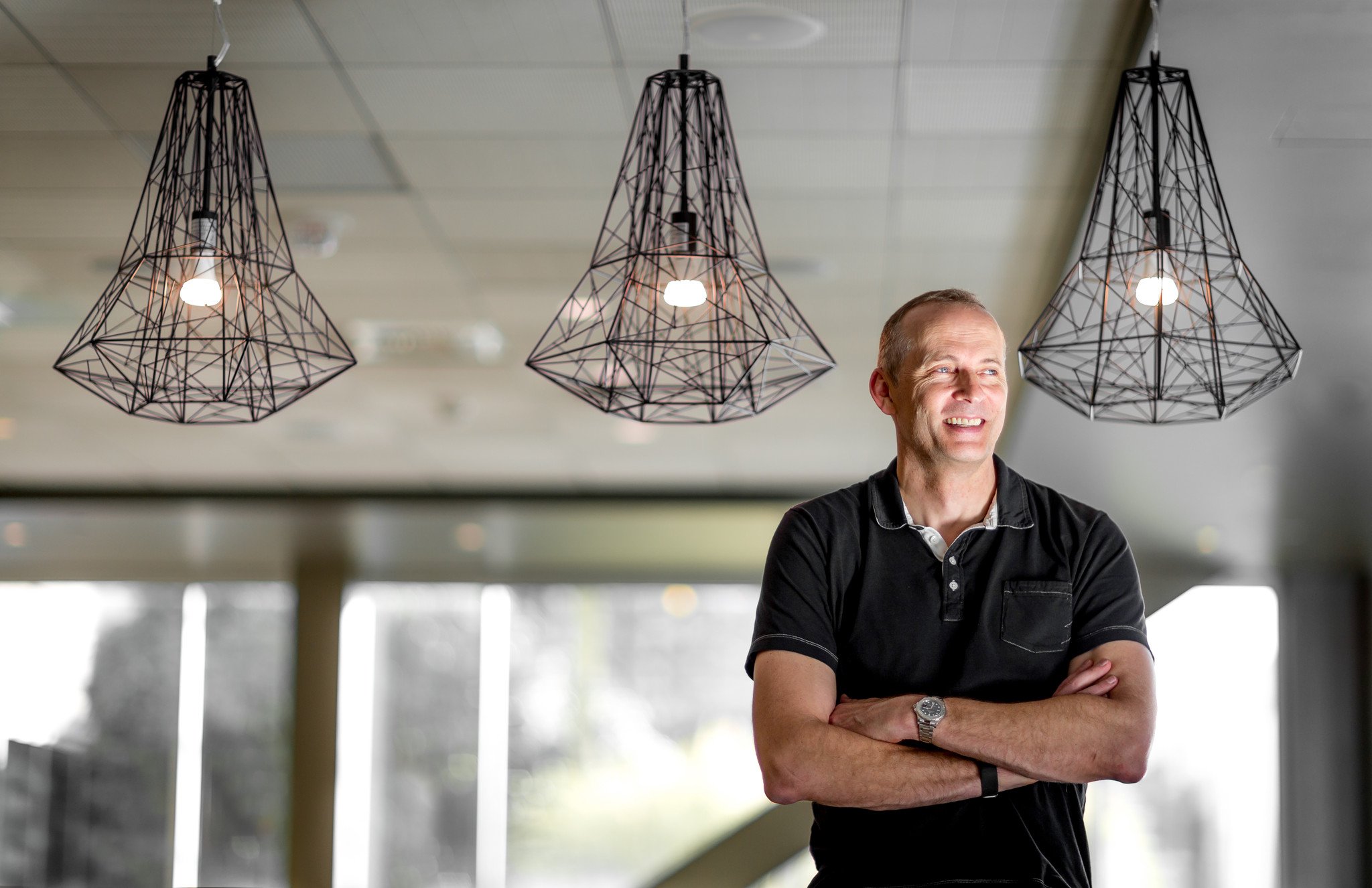
Holmdahl heads the team of researchers and engineers tasked with making this scalable quantum hardware and software a reality. As Microsoft is leveraging its strength as a software company in this venture Matthias Troyer, a leader in the field, said:
Similar to classical high-performance computing, we need not just hardware but also optimized software.
Microsoft has deliberately torn down walls between disciplines to bring the necessary players to the table. Quantum computing expert, Charles Marcus added:
I knew that to get...to the point where you started to be able to create machines that have never existed before, it was necessary to change the way we did business. We need scientists, engineers of all sorts, technicians, programmers, all working on the same team.
As the team takes shape, they're working on producing a topological qubit system; which yields a more stable version of a qubit. Holmdahl shared, "A topological design is less impacted by changes in its environment." This allows the qubit to persist in the required quantum state longer.
The do more (quantum) company
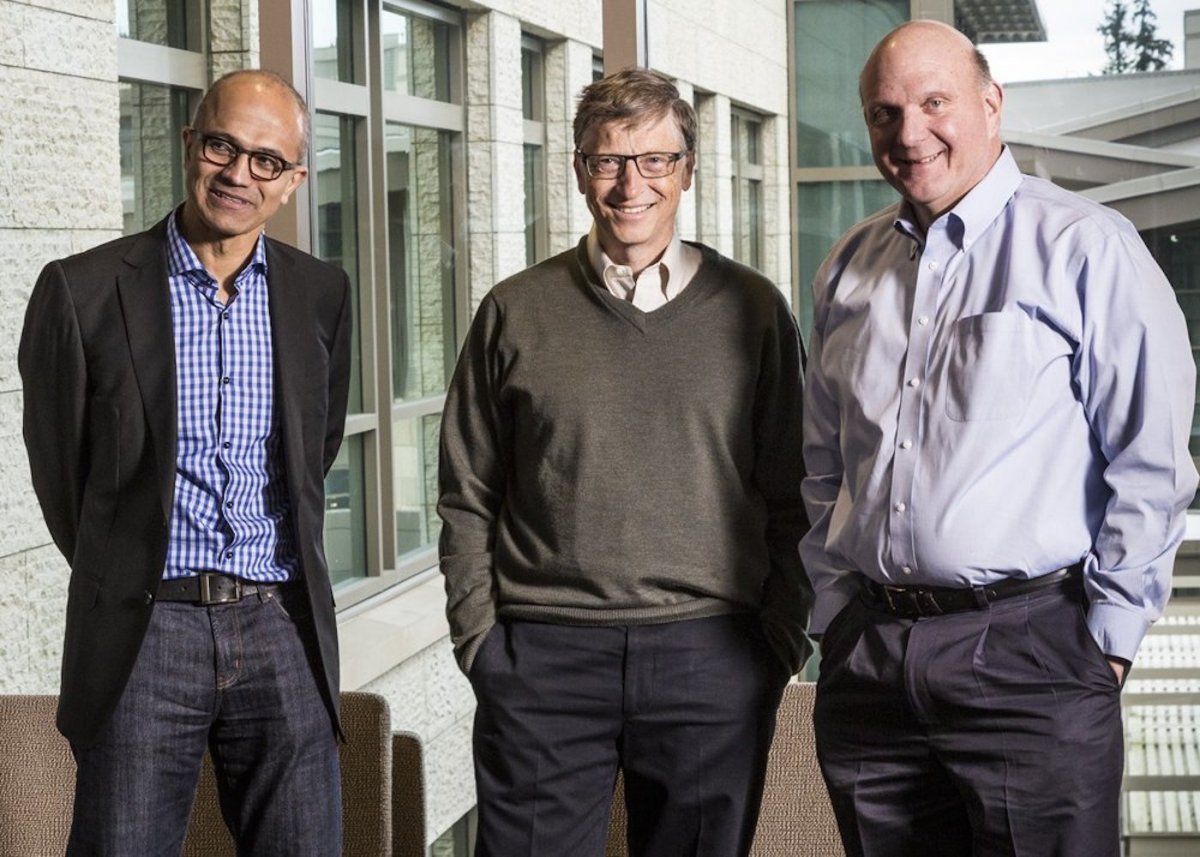
CEO Satya Nadella said this of Microsoft's vision to help individuals and organizations to do more:
We're the company that enables people to do more, play, have more fun, create more. Sometimes we refer to ourselves as the "do more" company....I want us to be able to take that focus and innovation forward.
As a company that provides an intelligent cloud, a universal platform, a range of widely used products and services and a growing family of category-defining hardware, Microsoft's ecosystem is a comprehensive personal computing platform for industries and individuals.
A quantum platform will help Microsoft help people do even more.
Nadella's goal for "every individual and organization to get more out of every moment in their lives" will take on new meaning if Redmond successfully builds a quantum computing platform to power its ecosystem.
Imagine the power
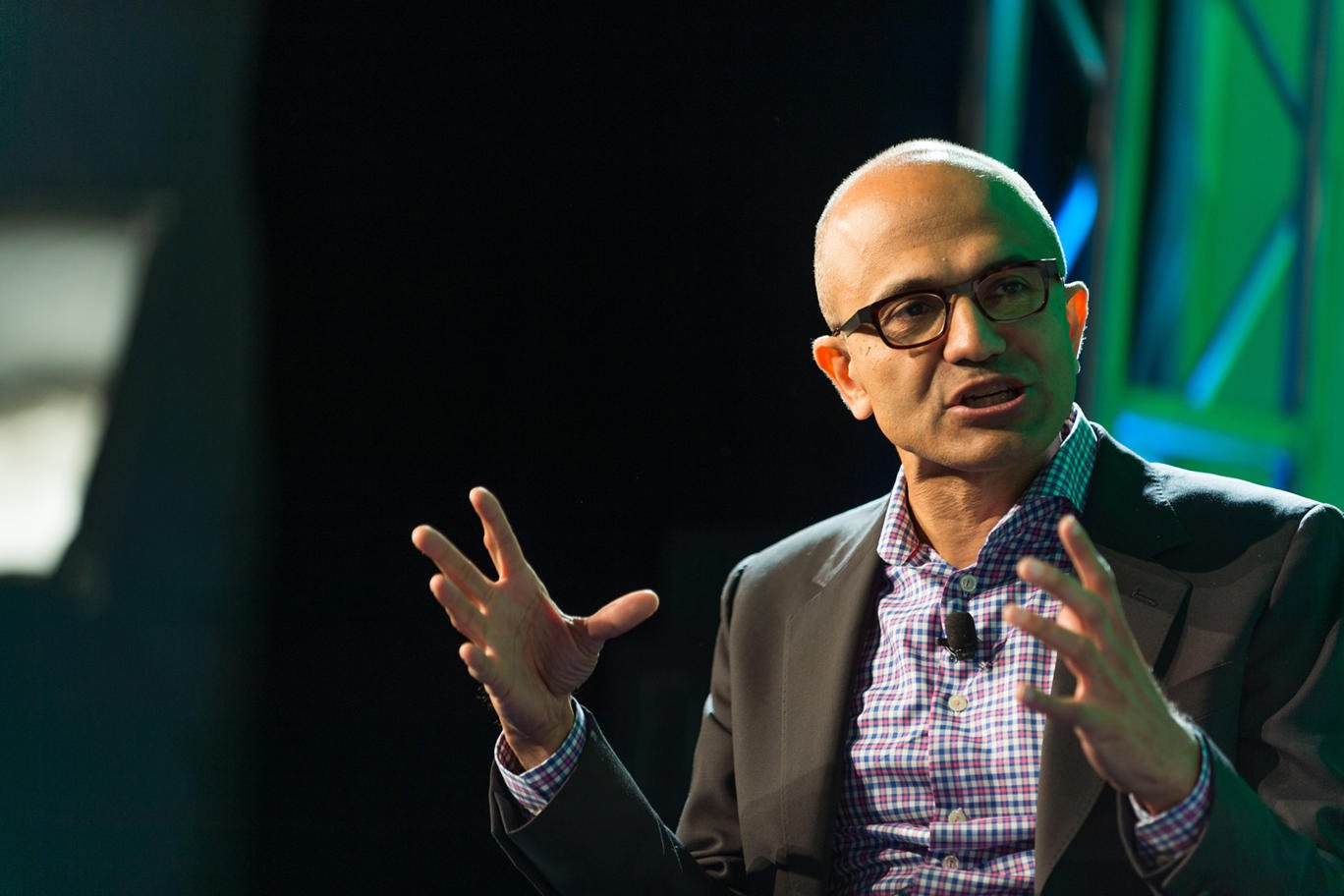
Data encryption, database searching and simulations are some areas quantum computing is expected to impact.
Current computers would take years to crack the strongest encryption used today. Conversely, a quantum system could do the job with ease. Such technology would be courted by governments for both international and domestic surveillance. On the flip side, quantum-based security could bolster Microsoft's device management services and infrastructure exponentially.
Microsoft's quantum platform would empower diverse industries.
Furthermore, an intelligent quantum cloud could empower any industry to run an unprecedented number of complex simulation scenarios simultaneously. Predicting outcomes and potential paths of action would be possible with incredible accuracy. Long-term effects of medications could be predicted, the impact of urban projects could be calculated, military offensives could be anticipated, years of academic research could be reduced to days. The list goes on.
Moreover, a quantum system could make searching for information vastly more efficient. An intelligent system that knows a user, recalls past behavior, monitors current activity, and accesses relevant data from the general activity of others could potentially anticipate (via proactive background simulations) the reasons for a particular query rather than just recognizing that a query was made. This could yield results so tailored to a user's immediate need that it seems almost magical. Not unlike how a spouse who's frantically searching for something is handed exactly what they need by their husband/wife without ever divulging what they're looking for.
These are just some scenario's quantum computing may enable.
A Quantum Cortana

Cortana, the boundless, cross-platform AI, could become vastly more intelligent and proactive on a quantum platform. Her ability to synthesize data from Bing, Windows and other input sources and data repositories would be greatly increased. Moreover, her working in conjunction with a quantum-based Bot Framework would make computer intelligence more ambient, pervasive, proactive and personal.
Imagine a student that grows up with Cortana as a personal assistant who's now searching for colleges. Cortana could use years of data synthesized from behavior, preferences, grades and more; collaborate with bots from potential colleges and provide ideal matches in nanoseconds, from the simple query, "Cortana, what colleges should I consider?"
A boundless quantum-based Cortana could be game-changing.
Furthermore, a single AI that intimately knows each of us, our schedules, preferences, habits and connections with one another could coordinate our lives in profound (and scary) ways. If I suddenly fell ill and couldn't attend a scheduled meeting, Cortana could proactively alert the other attendees' that I cannot attend.
That sounds efficient. But what of the negative impact of a single intelligence that potentially possesses intimate and real-time knowledge about a billion of us?
Who knows?
Homdahl admits Microsoft's efforts aren't guaranteed to succeed. If, however, they do Microsoft is resolved to be the quantum computing platform to help individuals and organizations do more. Only time will tell where this will lead.
We do know, however, that the leap in computing will be like the difference between a child and an accomplished pianist playing "Mary Had a Little Lamb."
Jason L Ward is a columnist at Windows Central. He provides unique big picture analysis of the complex world of Microsoft. Jason takes the small clues and gives you an insightful big picture perspective through storytelling that you won't find *anywhere* else. Seriously, this dude thinks outside the box. Follow him on Twitter at @JLTechWord. He's doing the "write" thing!

